When it comes to the world of motorcycles, nothing quite matches the iconic stature of Harley Davidson. One of the more notable Harley engines, the Harley 103 engine, has sparked a great deal of discussion among riders and enthusiasts alike. Is it a good engine? Well, the answer isn’t as simple as black or white.
There’s a fascinating contrast in opinions with the 103 Harley engine. It has gained popularity over time due to its reliability and overall longevity, but is also prone to experiencing certain issues. When maintained properly, the engine is prone to last a long time, but other – still responsible owners – claim they still encounter issues. So where does that leave us?
This article dives deep into the heart of the Harley 103, dissecting its pros and cons, and shedding light on why it’s celebrated by many, yet critiqued by some. Whether you’re a Harley veteran, a budding motorcyclist, or just curious about this popular engine, prepare for an insightful journey into the world of the Harley 103.
So keep reading, and let’s get into it!
Harley Model Specific Problems:
- Most Annoying Street Glide Problems
- Nasty Ultra Classic Problems to Avoid
- Dreaded Road King Problems Overview
- All The Harley Years You Should Avoid
Common Harley Davidson 103 Engine Problems
The Harley Davidson 103 engine is known for its unique style and powerful performance. However, it is also infamous for certain mechanical issues. Here are some of the most commonly reported problems:
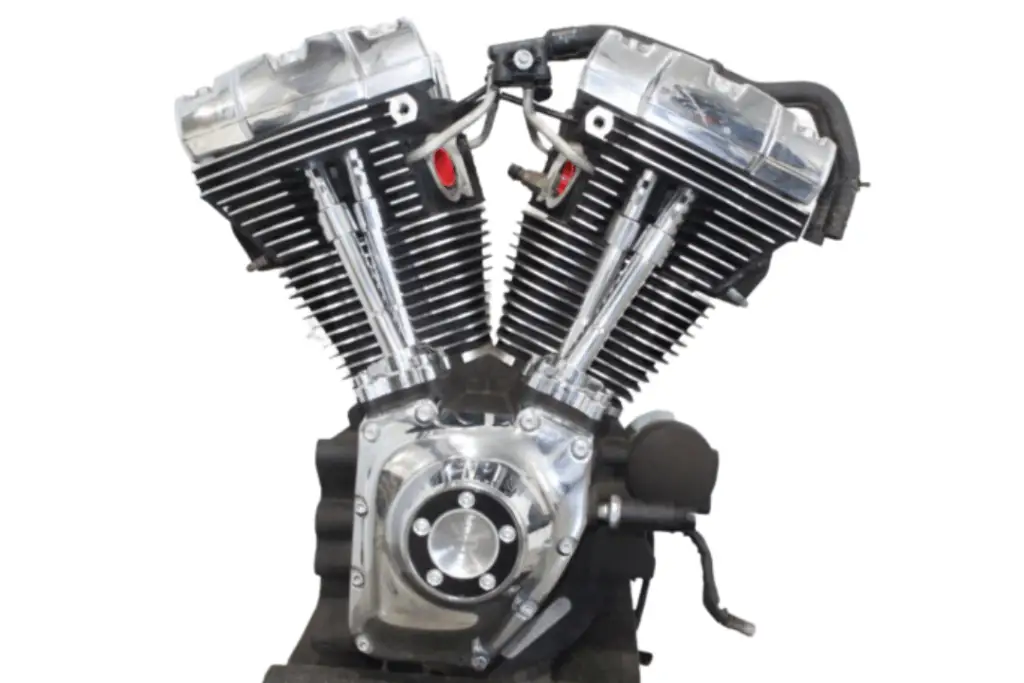
Most Common Failure Point (Compensator Problems)
Compensator problems are one of the most frequent failure points in Harley 103 engines. The compensator’s primary function is to smooth out the power delivery from the engine to the transmission. When the compensator fails, it can lead to a rough ride and potential damage to the transmission.
A faulty compensator can create a clunking or knocking sound, especially when the engine is cold. Over time, the problem can worsen, leading to difficulty in shifting gears or even transmission failure.
Related article: Harley Evo Cranks but Won’t Start? Here’s What To Do
Sticking Valves (Hot Start Problems)
Another common issue with the 103 engine is sticking valves, which can lead to hot start problems. Over time, carbon deposits can build up on the valves, causing them to stick. This can lead to poor engine performance, rough idling, and difficulty starting the engine when it’s hot.
Worn Crank Bearings
Crank bearings are critical components in your Harley’s engine. They help reduce friction between the moving parts of the engine, ensuring smooth operation. However, they can wear out over time due to contamination or improper lubrication. Worn-out bearings can cause the engine to run rough and may eventually lead to complete engine failure.
Cracking Cylinder Heads & Seized Pistons
Cracked cylinder heads and seized pistons are other potential problems with the Harley 103 engine. Overheating and sudden impact can cause the engine’s cylinder heads to crack. Seized pistons, on the other hand, can be a result of improper lubrication, overheating, or contamination. Both these issues can lead to serious engine damage and require costly repairs.
Engine Knocking
Engine knocking is a common issue faced by Harley Davidson 103 engine owners. The knocking noise usually originates from the engine and can be caused by low-octane fuel disrupting the air fuel mixture, or more simply, improper timing. If left unchecked, it could lead to worn-out piston rings or bearings, which should be diagnosed and fixed by a professional mechanic.
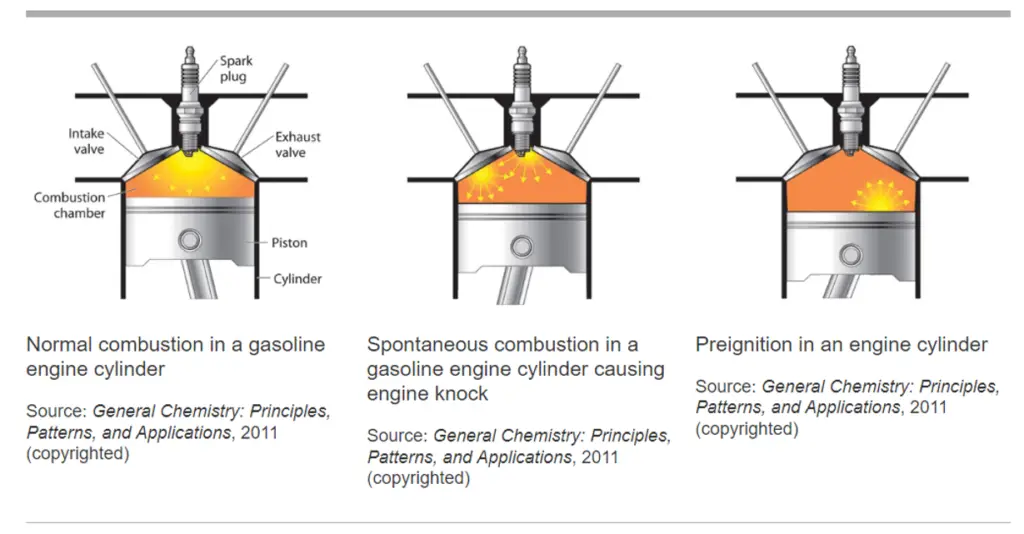
Ignition Problems
Ignition problems can also occur with the Harley 103 engine. Loose wiring, a damaged alternator, or a dead battery can all cause issues with the electrical system. If the electrical system is not working properly, it can cause the engine to run rough and may eventually lead to a complete failure. If aftermarket modifications are present, you may be simply running lean and in need of a tuner for the 103.
Fuel Injection Problems & Stuttering
Fuel injection problems and stuttering are other issues that can plague the 103 engine. These issues in the fuel system can be caused by various factors, including a malfunctioning fuel pump, clogged fuel injectors, or a faulty engine control unit (ECU). They can lead to poor engine performance, decreased fuel efficiency, and a rough ride.
Leaking Coolant
Coolant leaks are another common problem with the Harley 103 engine. A faulty radiator, a loose hose, or a damaged gasket can all cause coolant leaks. If left unchecked, a leaky coolant system can cause the engine to overheat and may eventually lead to a complete engine failure.
Twin Cam Issues
Harley Davidson’s Twin Cam engines, including the 103, have been known to have a few common issues. One of the most notable is the problem with the cam chain tensioner. Present in every Twin Cam engine, this can lead to premature engine wear and potential engine failure.
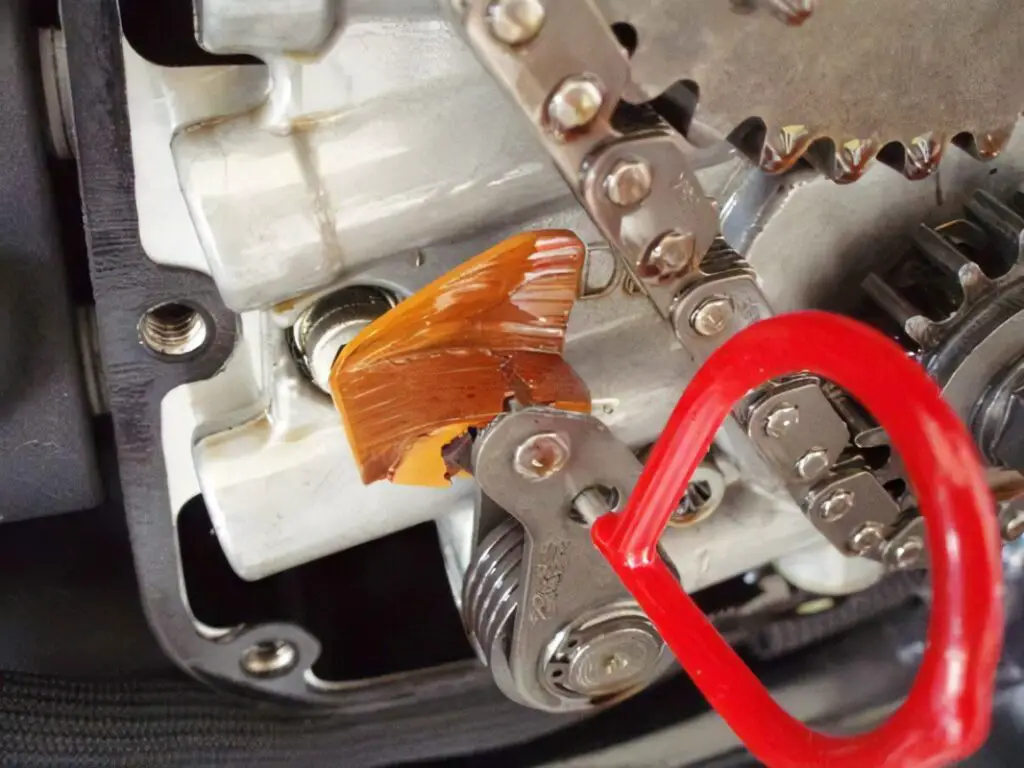
Fuel Delivery Problems (Low Power)
Some Harley Davidson 103 engine owners have reported problems with low power output. This can be a big problem, especially if you’re someone who enjoys riding their Harley at high speeds. If you’re experiencing this issue, you might want to consider changing your air filter, fuel filter, or checking your fuel delivery system otherwise.
Read more:
> Harley 96 vs 103
> Harley 103 vs 107
> Harley 88 vs 96 vs 103: An In-Depth Engine Comparison
content continues below
Hey you! Keep your Harley Davidson running in tip top shape with these suggestions:
- Best Batteries for Harley Davidson Motorcycles
- Best Spark Plugs for Harley Davidson Motorcycles
- Best Spark Plugs for Harley Davidson Twin Cam: Full Guide
- ThunderMax Tuner Reviews: A Complete, In-Depth Analysis
- ThunderMax vs Power Vision Tuner Shootout
- The Best Harley Davidson Tuner Is Revealed (+5 Alternatives)
content continues below
Other common Harley Davidson problems:
- Harley Davidson High Idle Problems
- Harley Lost All Electrical Power
- Harley Davidson No Spark Problem Troubleshooting
- Harley Has Power but Won’t Start Troubleshooting Guide
- Bad Gas In Harley Symptoms Overview
- Does Harley’s Recommended Fuel Prevent These Problems?
content resumes
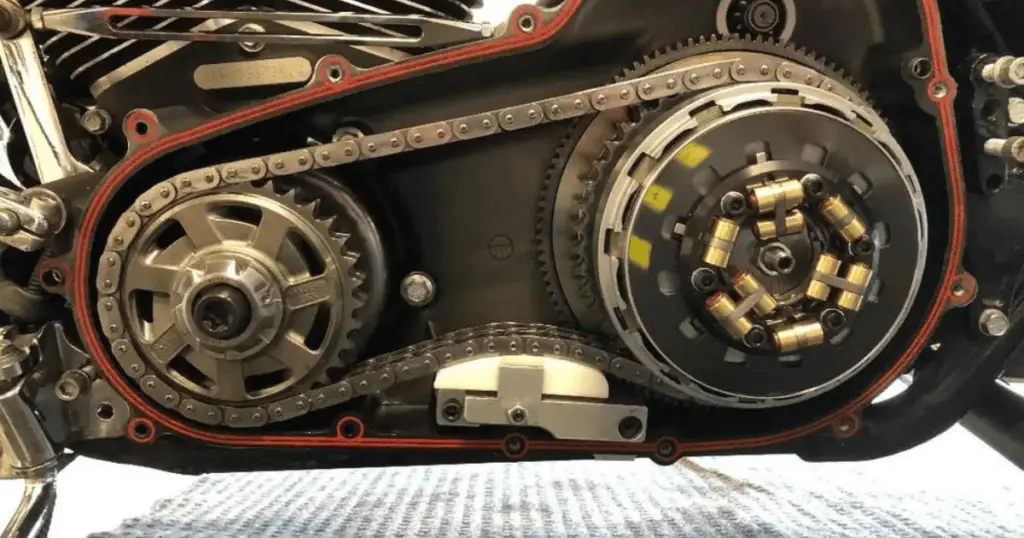
What Does A Compensator Do On A Harley?
The compensator in a Harley is a crucial component that helps ensure smooth operation of the motorcycle. It is essentially a shock absorber for the engine and transmission. The compensator absorbs the power pulses generated by the engine, preventing these pulses from causing excessive vibration or damage to the transmission.
How To Tell If A Harley Compensator Is Bad
A bad compensator can cause a variety of symptoms including excessive vibration, a clunking or knocking sound, and difficulty shifting gears. If you’re experiencing any of these symptoms, it may be a sign that your compensator is going bad.
Here’s some compensator upgrades and replacements for your piece of mind:
– Guide to Finding The Best Harley Compensator Upgrades Today
– Baker Compensator Review: An Unbiased Analysis and More
– Man O-War Compensator Review: Pros, Cons, and More
How Long Will A 103 Engine Last Otherwise?
With proper care and maintenance, a Harley Davidson 103 engine can last for approximately 75,000 miles before it needs to be rebuilt. However, with consistent maintenance and good riding habits, many Harley 103 engines have been known to last between 100,000 and 150,000 miles.
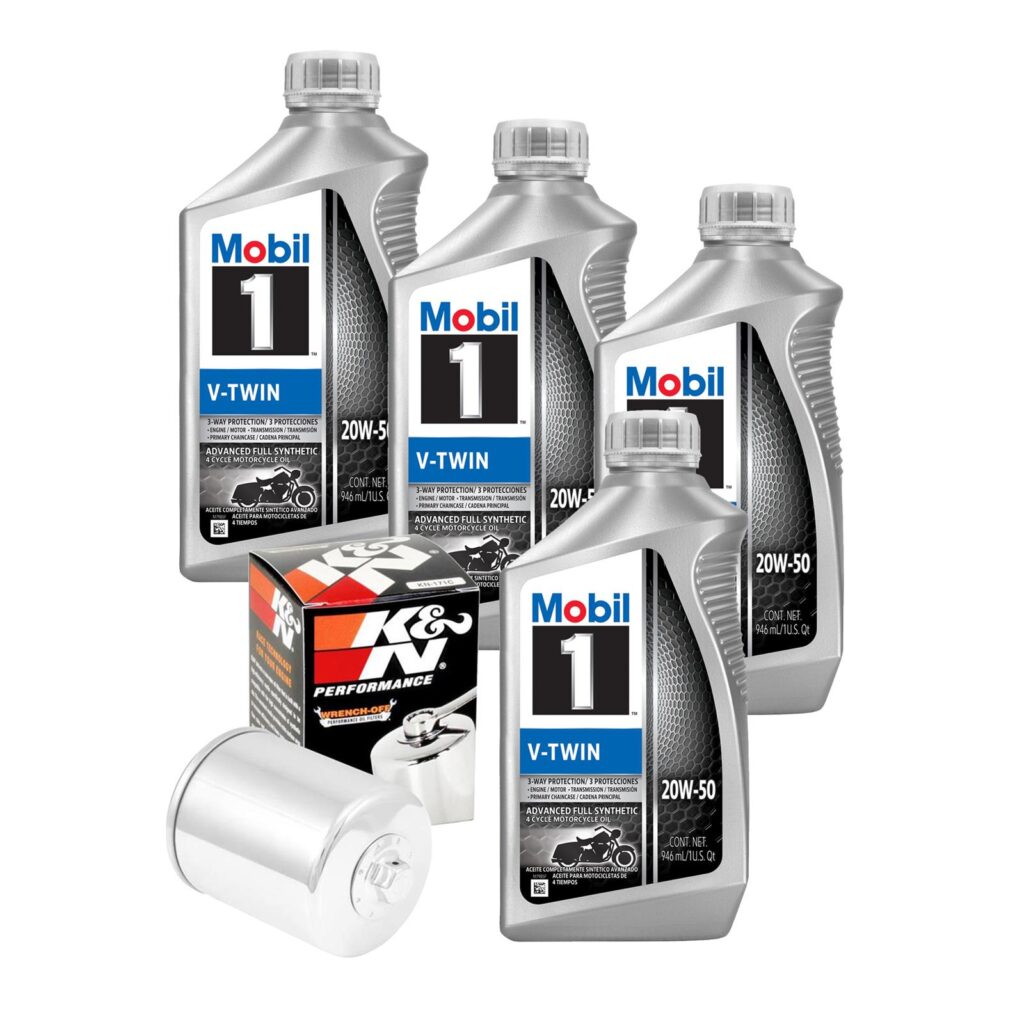
Maintenance Tips for Longevity
To extend the life of your Harley 103 engine, here are some maintenance tips:
- Regularly clean your engine. This will help prevent the buildup of dirt, debris, or carbon deposits that can lead to engine problems.
- Change your oil regularly. Fresh, clean oil is crucial for lubricating the engine and keeping it cool.
- Regularly inspect your engine for signs of wear and tear. Check for any leaks or cracks, and ensure all parts are in good working order.
- Keep an eye on your engine’s temperature. Overheating can cause serious damage to your engine.
- Follow the manufacturer’s recommended maintenance schedule. Regular maintenance can help prevent many common engine problems and extend the engine’s lifespan.
What Does The Community Say?
The Harley community has mixed opinions about the 103 engine. Many riders love the power, smoothness, and reliability that the engine offers. However, others have experienced various issues, including those mentioned above. Many riders suggest regular maintenance and careful riding to avoid major problems.
In conclusion, while the Harley Davidson 103 engine may have its share of problems, they can be mitigated with proper care and maintenance. By keeping a close eye on your engine and addressing any issues as soon as they arise, you can enjoy the power and performance of your Harley for many years to come.
But how does it fair against it’s predecessors? Twin Cam 88 vs 96: Dual Cam Shootout (What’s Better?)
Community Video Review of The 103 Engine
[su_youtube_advanced url=”https://www.youtube.com/watch?v=NDOdBGDUwd4″]
More 103 motor info:
– Harley Davidson 103 Oil Capacity: A Detailed Guide
– Harley Davidson 103 Primary Oil Capacity (Full Explanation)